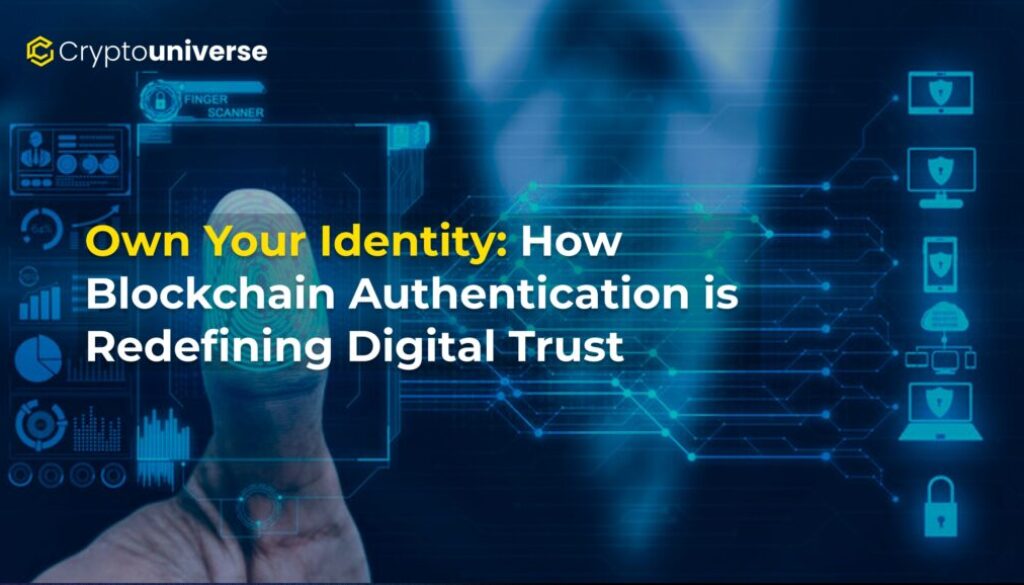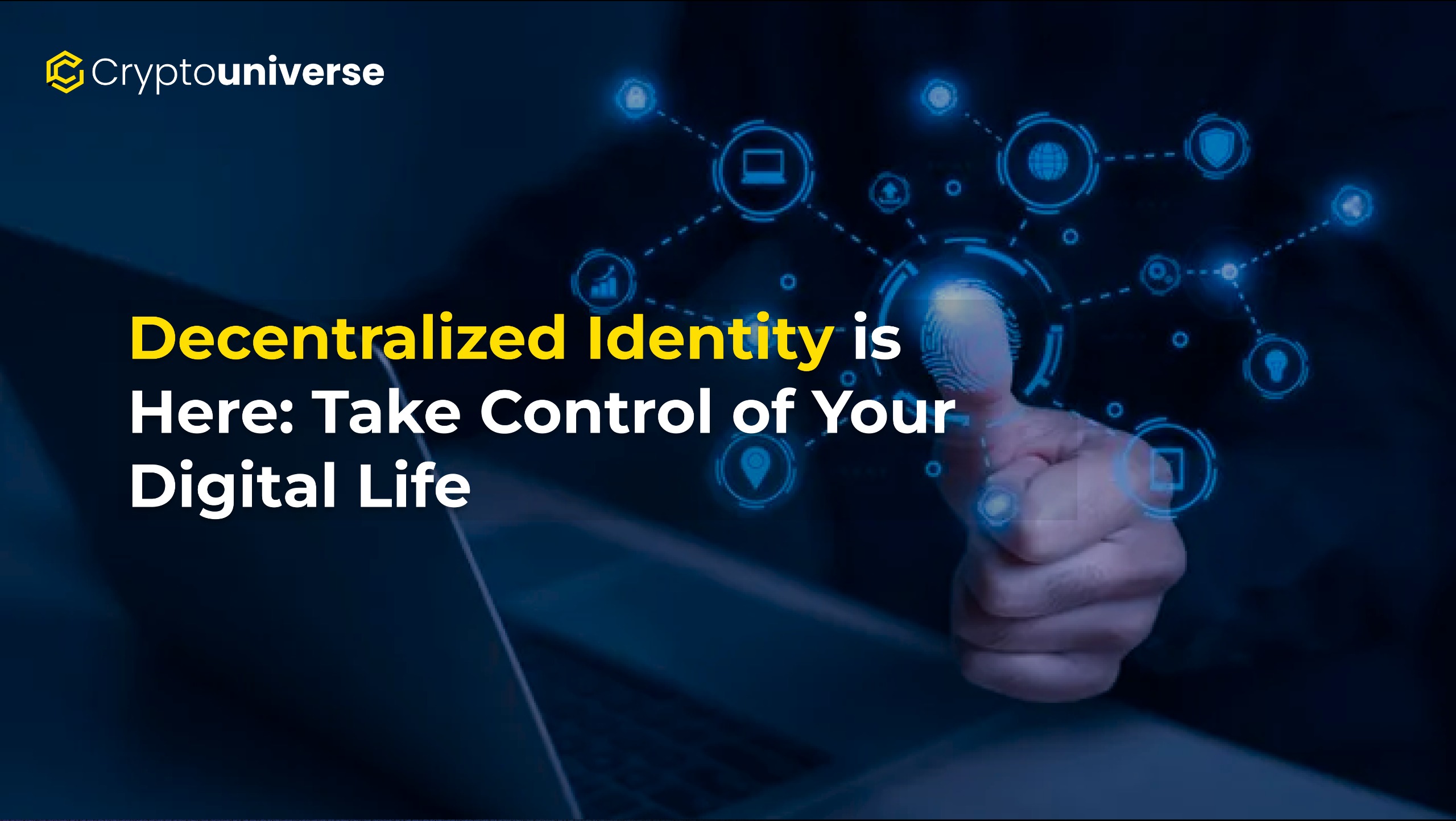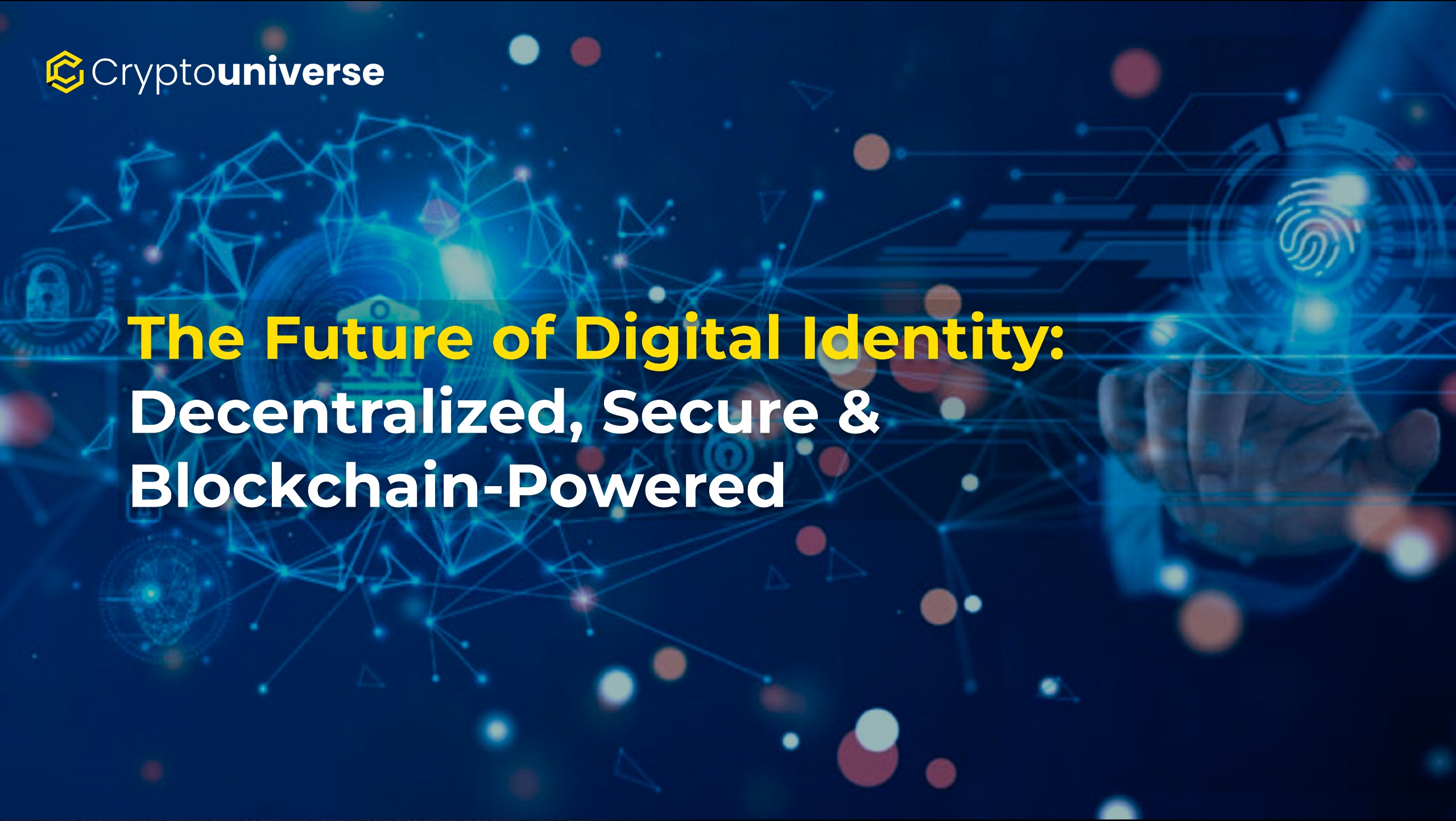Decentralized Identity and Blockchain Authentication: The Future of Digital Trust

In an era where our lives are increasingly lived online—from banking and healthcare to social media and remote work—the question of who controls our digital identities has never been more urgent. Enter decentralized identity (DID) and blockchain authentication, two revolutionary concepts rewriting the rules of trust, security, and privacy on the internet. Let’s dive into why this trend is exploding, how it’s transforming industries, and what it means for you.
What is Decentralized Identity?
Decentralized identity (DID) flips the script on traditional digital identity systems. Instead of relying on centralized authorities like governments, banks, or tech giants to manage your data, DID lets you own and control your identity. Think of it as a digital passport stored securely on a blockchain—a tamper-proof ledger where no single entity holds the keys.
With DID protocols like Microsoft ION, Sovrin, and uPort, users can create self-sovereign identities (SSI) that are portable, private, and interoperable across platforms. Need to prove your age to a website? Share a cryptographically verified credential without revealing your birthdate. Applying for a loan? Instantly authenticate your income and credit history without handing over sensitive documents.
Blockchain Authentication: The Guardian of Digital Trust

Blockchain isn’t just for cryptocurrencies anymore. Its ability to provide immutable, transparent, and decentralized verification is now powering next-gen authentication systems. Here’s how:
- No More Passwords: Replace vulnerable passwords with blockchain-based biometrics or cryptographic keys.
- Fraud Prevention: Fake IDs and phishing attacks crumble when every transaction is recorded on-chain.
- Cross-Platform Access: Use a single blockchain-verified identity to log into apps, services, and institutions securely.
Industries are racing to adopt this tech:
- Finance: Banks like JPMorgan are testing blockchain IDs to combat fraud and streamline KYC (Know Your Customer) processes.
- Healthcare: Patients can securely share medical records with providers via platforms like Evernym.
- Government: Estonia’s blockchain-powered e-Residency program is a blueprint for national digital identity systems.
Why This Trend is Exploding in 2024

- User Empowerment: People are tired of data breaches and surveillance. DID puts control back in their hands.
- Regulatory Push: Laws like GDPR and the EU’s eIDAS 2.0 are pushing for privacy-first identity solutions.
- Web3 Momentum: As decentralized apps (dApps) and metaverse platforms grow, blockchain authentication becomes essential.
Startups like Spruce ID, Civic, and Ontology are leading the charge with innovative SSI tools, while legacy players like IBM and Mastercard are investing heavily in DID infrastructure.
The Debate: Privacy vs. Practicality
Critics argue that decentralized identity systems could complicate compliance or become a playground for bad actors. But proponents counter that blockchain’s transparency and cryptographic security actually make it harder to cheat the system. The real challenge? Balancing usability with decentralization—a topic sparking fiery threads on Crypto Twitter.
Why This Matters to You
Whether you’re a developer, business leader, or everyday internet user, decentralized identity is a game-changer:
- For Users: Say goodbye to forgotten passwords and identity theft.
- For Businesses: Cut costs on verification processes and build customer trust.
- For Society: Reduce inequality by giving everyone access to a secure digital identity.
The Future is Self-Sovereign
The shift to decentralized identity isn’t just a tech trend—it’s a movement toward a fairer, safer internet. As blockchain authentication goes mainstream, we’re witnessing the birth of a new era where you are the custodian of your digital life.
Hungry for more insights? Dive deeper into the world of blockchain innovation at CryptoUniverse.blog. Explore articles on Web3 security, DAO governance, and the latest breakthroughs in decentralized tech. Don’t just watch the future unfold—be part of it!
Let’s revolutionize trust together. Share this article and tag someone who needs to know about the future of digital identity! 🔑🌐


